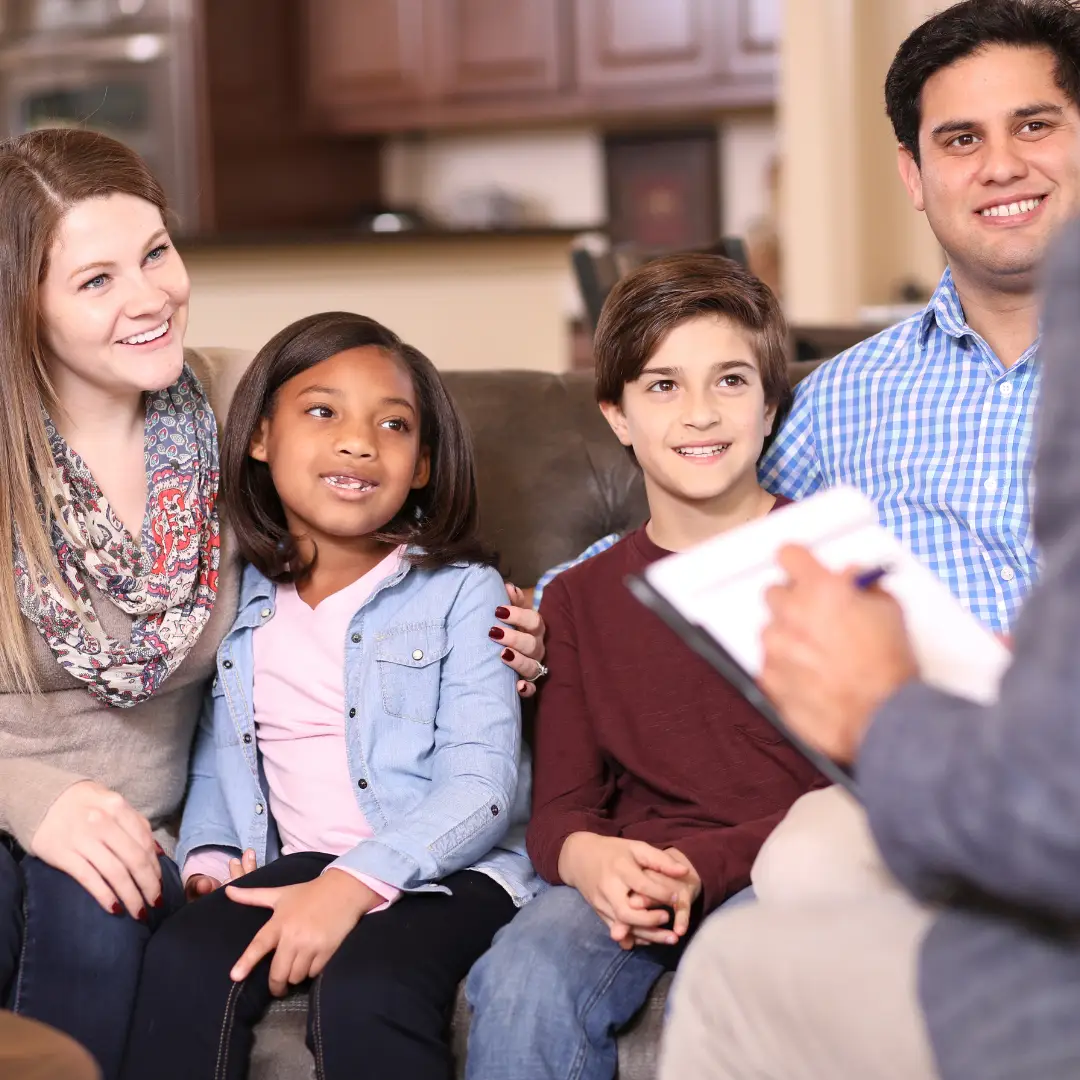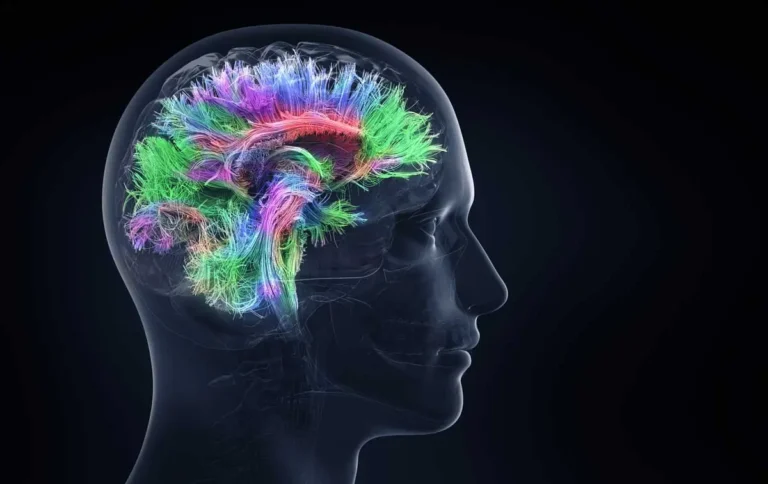Family Counseling for ADHD: Strengthening Relationships and Communication
Did you know that approximately 6.1 million children in the U.S. have been diagnosed with Attention-Deficit/Hyperactivity Disorder (ADHD)? This number is growing, and it often affects not just the individual but the entire family. Family counseling for ADHD can be a game-changer for improving relationships and communication within households impacted by this condition. In this blog post, we’ll explore how family counseling can support families dealing with ADHD, focusing on strengthening relationships and enhancing communication skills. Understanding this topic is essential, especially in a world where mental health awareness is more critical than ever.
Family dynamics can be particularly challenging when ADHD is involved. However, with the right tools and support, families can thrive together. As we delve into this topic, you’ll discover actionable strategies and insights that can lead to healthier relationships and improved communication in your family.
Understanding Family Counseling for ADHD
Family counseling, also known as family therapy, involves the participation of family members in a therapeutic setting to address various issues, including ADHD. The goal is to enhance relationships, resolve conflicts, and improve communication. In the context of ADHD, family counseling helps everyone involved understand the disorder and its effects on family dynamics.
ADHD is characterized by symptoms such as inattention, hyperactivity, and impulsivity. Contrary to popular belief, ADHD is not just a childhood disorder. It can persist into adolescence and adulthood, impacting relationships, work, and social life. It’s essential to debunk the myth that ADHD is simply a result of poor parenting or lack of discipline. Instead, research indicates that ADHD is a neurodevelopmental disorder with genetic, environmental, and biological components.
Statistics show that families dealing with ADHD can experience heightened stress levels, misunderstandings, and strained relationships. According to the CDC, children with ADHD are more likely to have behavioral problems, which can exacerbate family tension. Family counseling can provide a safe space to address these issues and foster healthier interactions.
How Family Counseling for ADHD Affects Mental Health
Family counseling plays a significant role in mental health, particularly for families dealing with ADHD. When communication breaks down and relationships become strained, it can lead to emotional distress for all family members.
Common signs that family members may be struggling include:
- Increased frustration and anger
- Feelings of isolation
- Low self-esteem
- Anxiety and depression
For instance, consider a family where a child diagnosed with ADHD frequently interrupts conversations and struggles to focus. This behavior can lead to frustration for parents and siblings, creating an environment where everyone feels misunderstood. Family counseling can help address these challenges by promoting understanding and empathy among family members.
An example of a successful family counseling case might involve a family that initially struggled with constant arguments about the child’s behavior. Through therapy, they learned to communicate effectively, set boundaries, and develop strategies to support the child’s needs. This change not only improved their relationships but also enhanced the child’s self-esteem.
Effective Strategies for Managing Family Counseling for ADHD
There are several therapeutic methods and strategies that can be effective in family counseling for ADHD:
- Behavioral Therapy: This approach focuses on modifying specific behaviors through reinforcement and consequences. Family members learn how to encourage positive behaviors and discourage negative ones in a supportive environment.
- Cognitive-Behavioral Therapy (CBT): CBT helps families identify and change negative thought patterns. This can be particularly useful in addressing feelings of frustration and helplessness that can arise in families dealing with ADHD.
- Communication Skills Training: This involves teaching families how to express themselves clearly and listen actively. Effective communication can significantly reduce misunderstandings and promote a supportive environment.
- Problem-Solving Strategies: Families can learn to collaboratively tackle challenges that arise due to ADHD. By focusing on solutions rather than problems, families can work together more harmoniously.
- Family Meetings: Regularly scheduled family meetings can create a space for open discussion, allowing everyone to voice their feelings and concerns. This practice helps reinforce communication skills learned in therapy.
- Support Groups: Connecting with other families facing similar challenges can provide invaluable support and understanding. Sharing experiences can normalize feelings and provide new strategies.
It’s crucial to recognize when professional help is necessary. If family dynamics become too overwhelming or if any member experiences severe emotional distress, seeking the guidance of a qualified therapist is essential.
How McNulty Counseling Can Help
At McNulty Counseling and Wellness, our therapists specialize in family counseling for ADHD. We understand that each family is unique, and we tailor our approach to meet your specific needs. Our team is dedicated to providing a supportive environment where family members can express themselves freely and work together toward improvement.
We offer a variety of therapeutic techniques designed to enhance relationships and communication skills. Our goal is to empower families with the tools they need to navigate the complexities of ADHD effectively. Whether it’s through individual counseling, family therapy sessions, or workshops, we’re here to support you every step of the way.
Conclusion
In conclusion, family counseling for ADHD offers a powerful way to strengthen relationships and improve communication. By understanding ADHD and implementing effective strategies, families can create a more supportive and harmonious environment.
Remember, you are not alone in this journey, and support is available. If you or someone you know could benefit from family counseling, we encourage you to reach out. Together, we can work toward healthier relationships and better communication. For more information or to get started, please call us at 727-344-9867 or complete our contact form.







